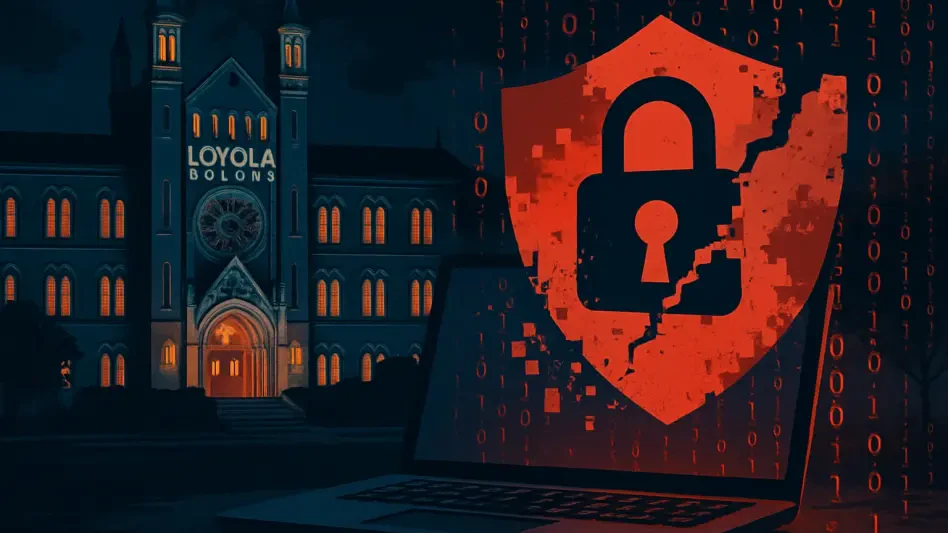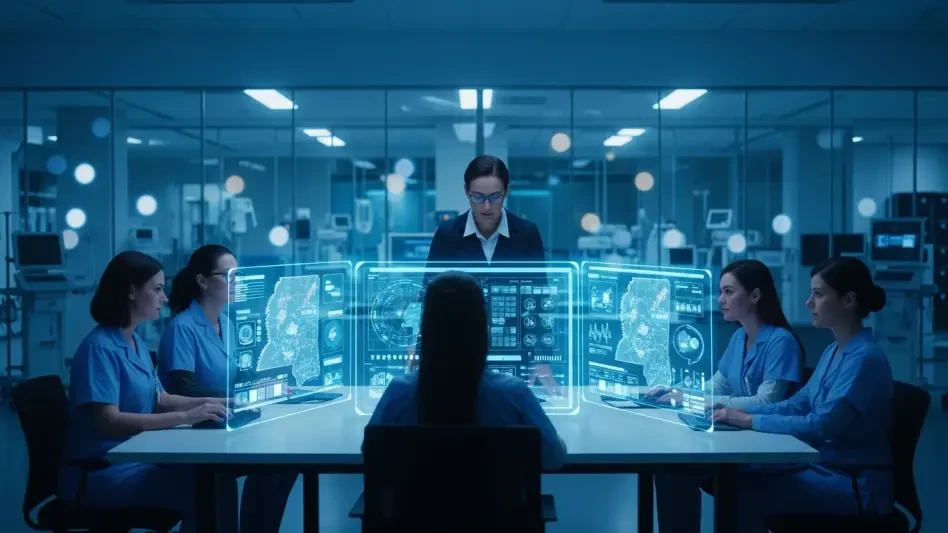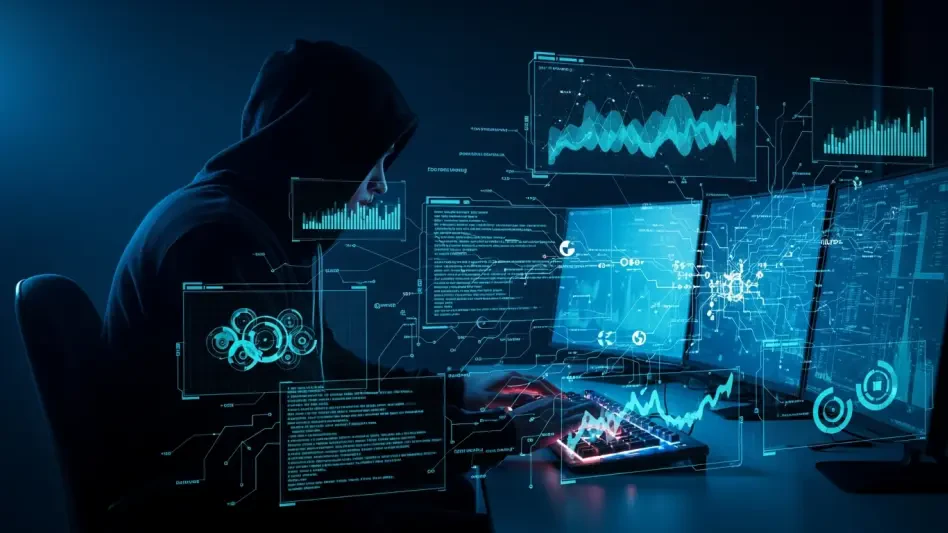In a disturbing turn of events at Loyola College, a Catholic school located in Watsonia, Melbourne, Australia, a significant cybersecurity breach has unveiled the vulnerability of educational institutions to sophisticated cybercrime. Last month, a foreign hacking group known as Interlock targeted the school, claiming to have accessed a trove of sensitive information ranging from identity documents to medical records and financial data of both staff and students. This incident has not only compromised personal privacy but also sparked a troubling response among some students who ventured into the darker corners of the internet to view and share the stolen data. The breach serves as a stark reminder of the growing threats in the digital age, where schools, often under-resourced in cybersecurity, become prime targets for malicious actors. It raises critical questions about how such institutions can protect themselves and educate their communities on the dangers of engaging with illicit online platforms.
Unveiling the Breach and Its Immediate Fallout
The cyberattack on Loyola College by the Interlock group exposed a wide array of confidential information, including tax records, court orders, and personal health details, affecting the entire school community. This breach, reported as the first of its kind targeting an Australian educational institution by this particular group, highlights a distressing trend of schools becoming prey to international cybercrime syndicates. What compounded the severity of this incident was the reaction from a segment of the student body. Driven by curiosity or a lack of understanding of the consequences, some students accessed the dark web—a shadowy, unregulated part of the internet often linked to illegal activities—to search for the leaked data. Screenshots of this private information began circulating among peers, amplifying the breach’s impact. The school administration, led by Principal Alison Leutchford, swiftly responded by sending a letter to parents, urging them to guide their children away from such risky behaviors and emphasizing the ethical and legal ramifications involved.
Strengthening Defenses and Shaping Digital Awareness
In the wake of the cyber breach, Loyola College took decisive steps to mitigate the damage and prevent future incidents, reflecting a commitment to safeguarding its community. Cybersecurity experts were promptly engaged to evaluate the extent of the data exposure, while all passwords for staff, students, and parents were reset as a precautionary measure. Additional security protocols were implemented, and the Melbourne Archdiocese Catholic Schools extended enhanced online protections to other institutions in the region. Victoria Police and relevant government authorities were notified to ensure a thorough investigation. Beyond technical fixes, the incident underscored a broader need for digital literacy among students. The actions of those who accessed the dark web reveal a gap in understanding the dangers and ethical concerns of such behavior. As cyber threats continue to evolve, educational institutions must prioritize robust security measures alongside comprehensive programs to teach young individuals about responsible online conduct, ensuring they grasp the gravity of cybercrime’s consequences.








